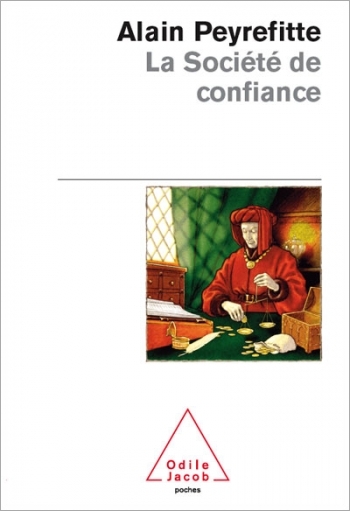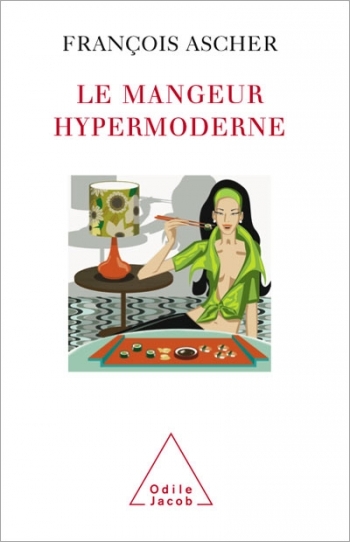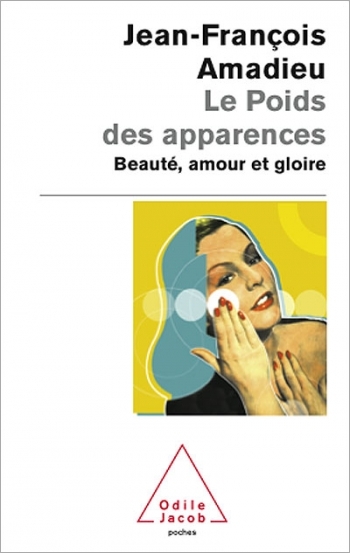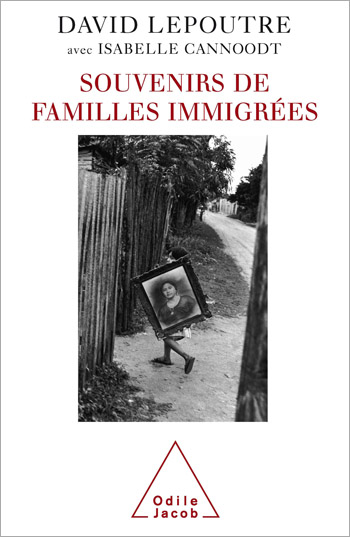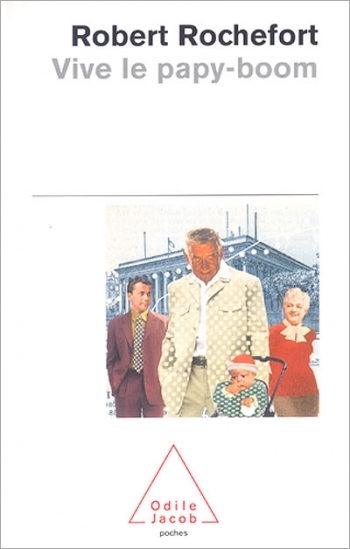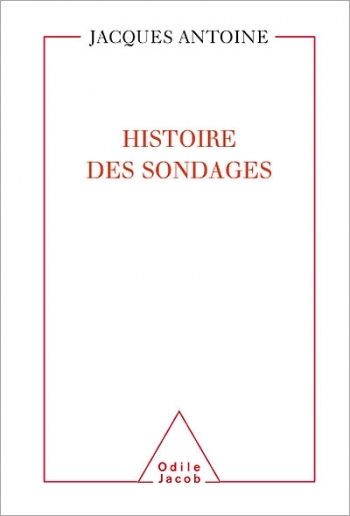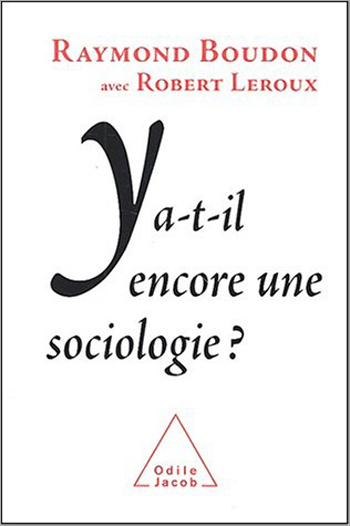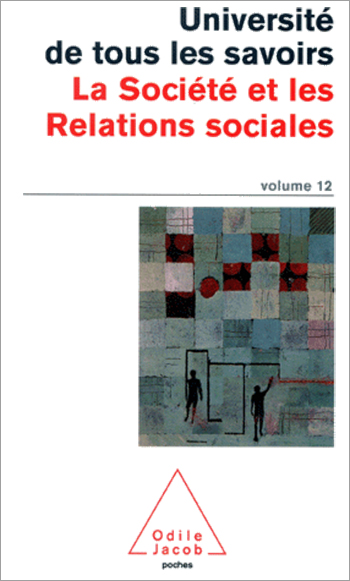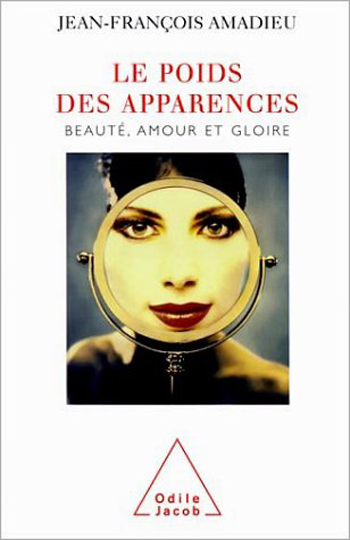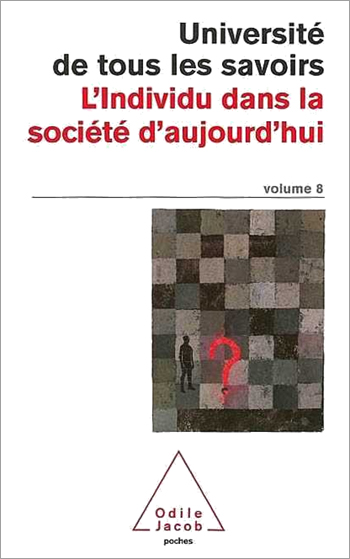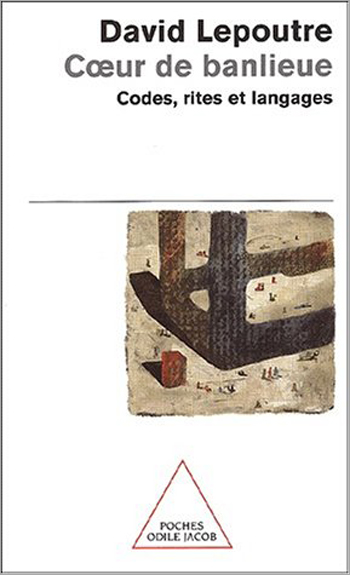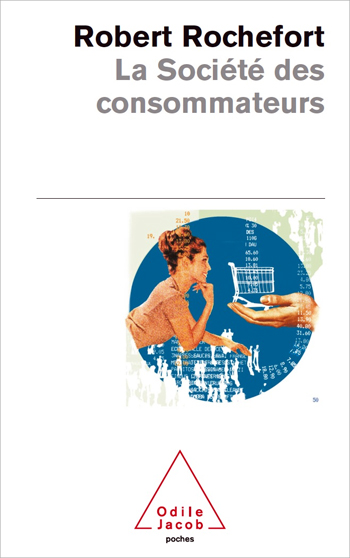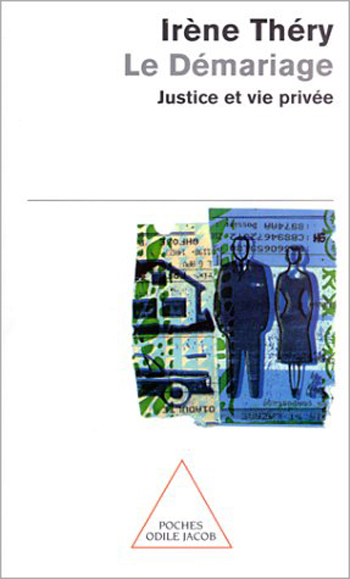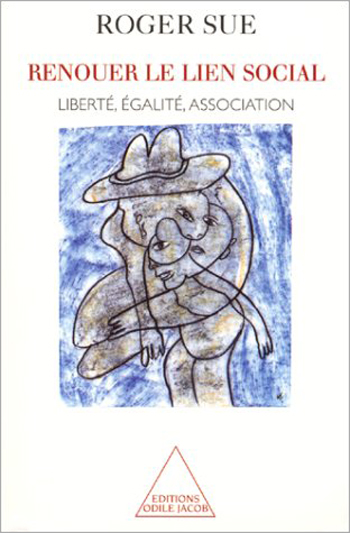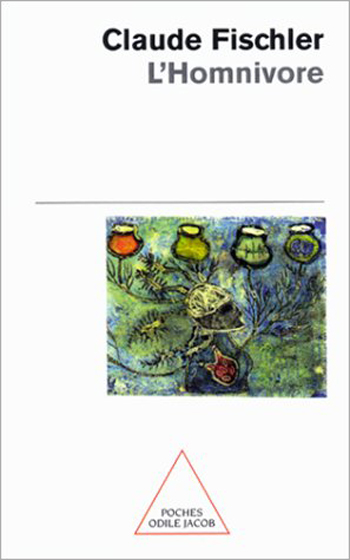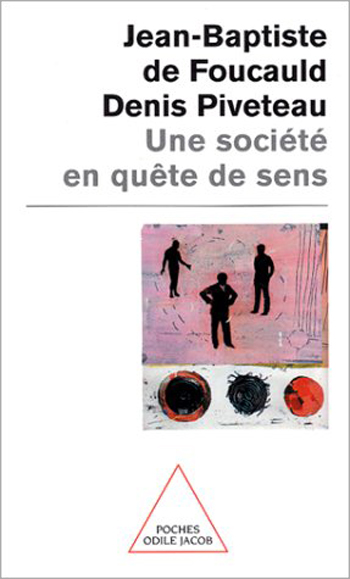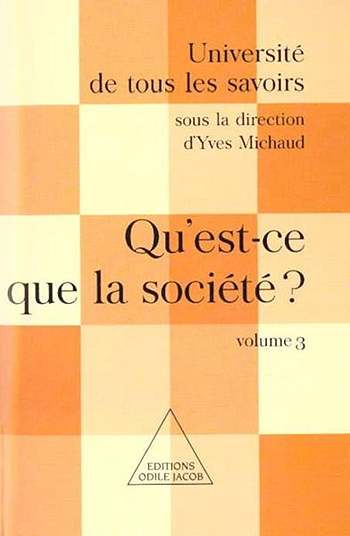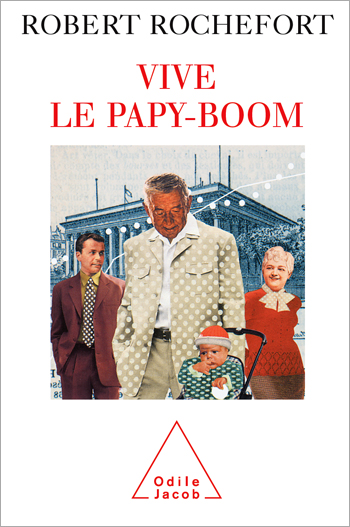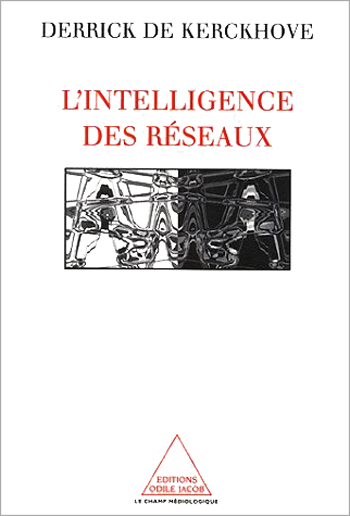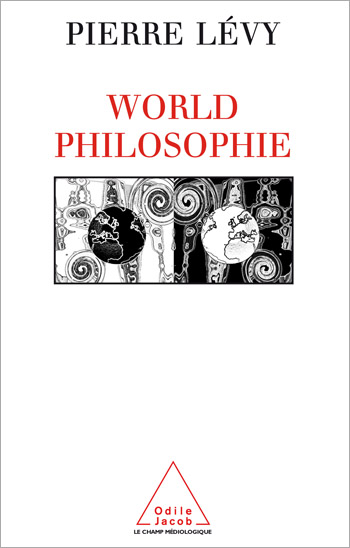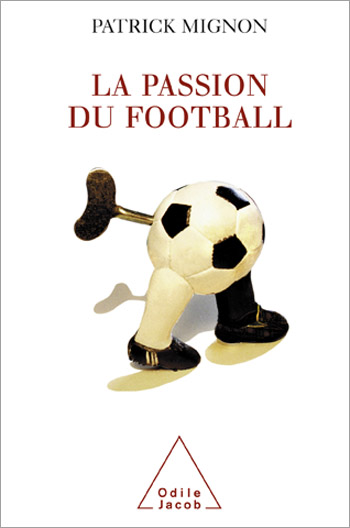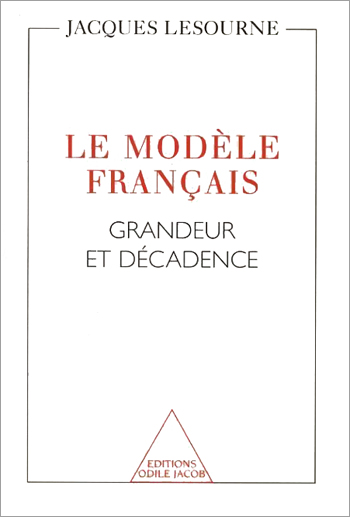Sociology All books
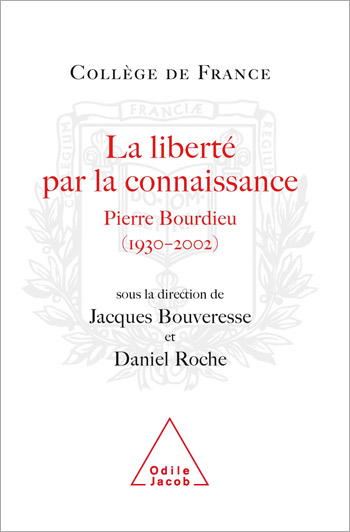
Jacques Bouveresse, Daniel Roche
Freedom Through Knowledge: Pierre Bourdieu, 1930-2002 (Travaux du Collège de France)
Gathered in this volume are the texts of lectures given in memory of Pierre Bourdieu at an international colloquium held on 26-27 June 2003 and jointly organised by the Collège de France and the Ecole Normale Supérieure, with the backing of the Hugot Foundation.
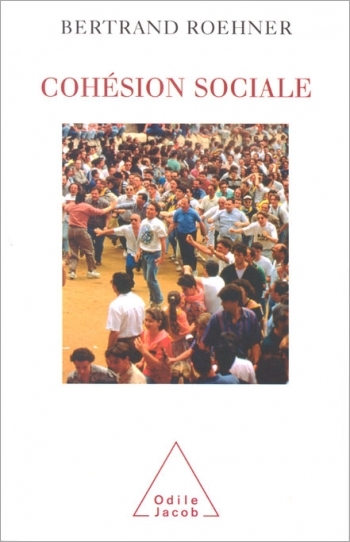
Bertrand Roehner
Social cohesion
The methodology of physics is now being applied to the social sciences. Social cohesion, which assures social stability and continuity, is both observable and measurable. It may be observed in events that repeat: in test events such as the destruction of the mosque in Ayodhya, India (1992), and of the twin towers of the World Trade Center in Manhattan (2001); in catastrophes such as the Great Fire of London (1666), the earthquakes and fires of San Francisco (1906) and Tokyo (1923); in the riots of rejection in Lawrence, Mass., U.S.A. (1984), and in Aigues-Mortes, France (1893); in the protest riots in Brixton, U.K. (1981); and in resistance to foreign occupation, as in France (1940). Social cohesion can be measured through the reactions of a given society in the aftermath of a shock: for example, in the number of Hindu temples that were burned down or mosques that were destroyed following the first two test events listed above. By borrowing the methods of physics, social scientists have been able to make predictions in their own field. Bertrand Roehner is a member of the Laboratory of Theoretical Physics at Pierre et Marie Curie-University of Paris VII. He is the author of Un siècle de commerce du blé en France (Economica), Theory of Markets (Springer), Application of Physics in Economic Modelling, Pattern and Repertoire in History (Harvard University Press) and Separatism and Integration (Rowman and Littlefield).
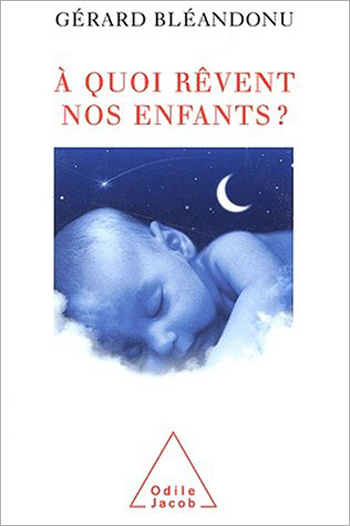
Gérard Bléandonu
What do our children dream ?
When does the foetus start to dream? What are its early dreams? What is the function of infant dreams? What is the impact of nightmares? How do dreams evolve during adolescence? Gérard Bléandonu brings to these questions his experience as a psychotherapist specialising in children suffering from psychological difficulties. The author also makes use of recent findings in neuro-physiology which have improved our understanding of dream mechanisms. Gérard Bléandonu is a psychiatrist and head of Child Psychiatry at the regional hospital of Savoie, France. He is the author of numerous works on child and adolescent psychiatry.
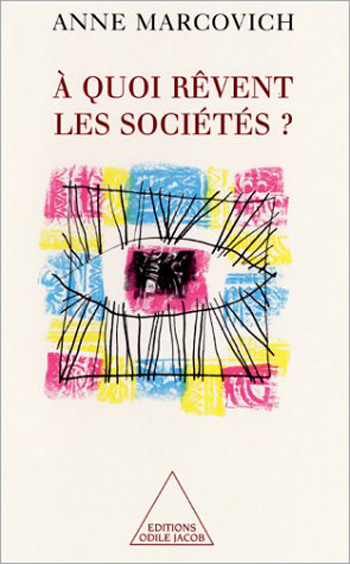
Anne Marcovich
What do societies dream of ?
Why do societies change? How, through countless transformations, do they manage to maintain their own identity? With the help of the many resources provided by the social sciences, history, sociology, social psychology, anthropology and economics, Anne Marcovich has tried to identify the principle of change within a framework of continuity that characterises the evolution of societies. Anne Marcovich is a researcher in the social sciences.
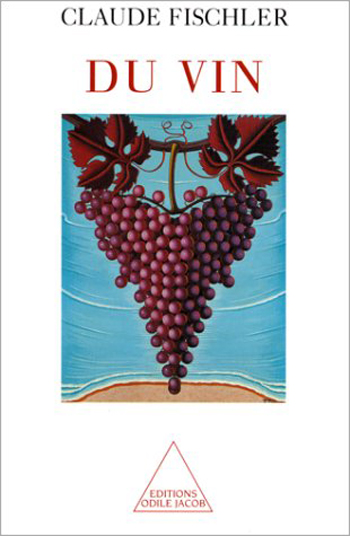
Claude Fischler
Of Wine
The true wine lover is a rare breed. He doesnt pontificate, instead he asks questions and reflects. When faced with a pompous connoisseur he shuts his eyes so he can sip and taste undisturbed. Which of the two categories do you belong to, reader? Are you a true lover of Bordeaux or a connoisseur of burgundy? What is it that you like about wine? Is it the knowledge that surrounds it or the pleasure it affords? Is it the prestige of a label or the authenticity of its origin? What do all these categories really stand for? The mythology of wine is examined and deciphered in loving detail. Claude Fischler is a sociologist and researcher at Frances Centre National de la Recherche Scientifique.
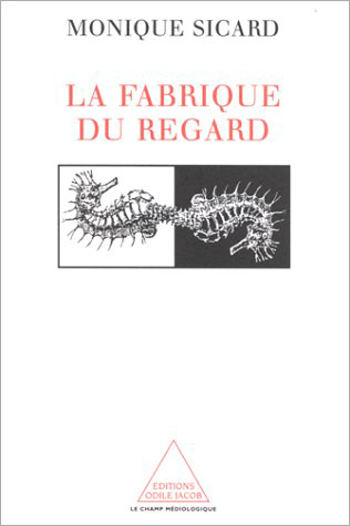
Monique Sicard
The Making of the Image
It was during the Renaissance that images and pictures were first used by anatomists, microscopists, and astronomers as scientific tools. In that era, scientific images served as a kind of inventory of the known world. In the 19th century, the popularization of scientific ideas gave science a new vigor. Photographic images gave science a new reality, explaining and legitimizing scientific concepts--movement, for example--to a fascinated public. In our days, the scientific image is often a construction--helping us to represent objects and ideas that, like fractals or black holes, cannot be defined through actual observation. Monique Sicard is Projects Director at CNRS Images Média.
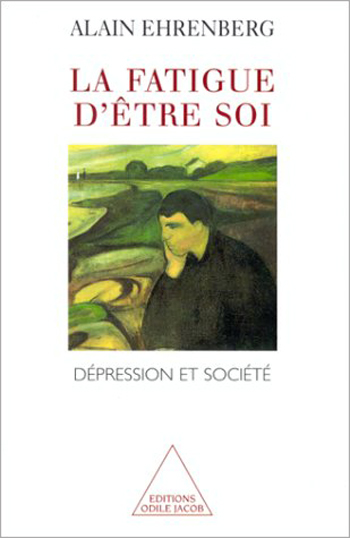
Alain Ehrenberg
Tired of Yourself Depression and Society
Examining the changes that have occurred since the 19th century in both psychiatry and society at large, this book shows how the internal collapse that is depression is the ultimate symbol of our culture of powerlessness. The depressed person cannot rise above the demands imposed on him or that he imposes on himself. He has no recourse but fatigue, inhibition, and indecision. But what does it mean to learn to be oneself? Is our society merely creating huge numbers of hypochondriacs? Can we any longer draw a line between the small unhappinesses and frustrations of daily life, and pathological suffering? Alain Ehrenberg is a sociologist.
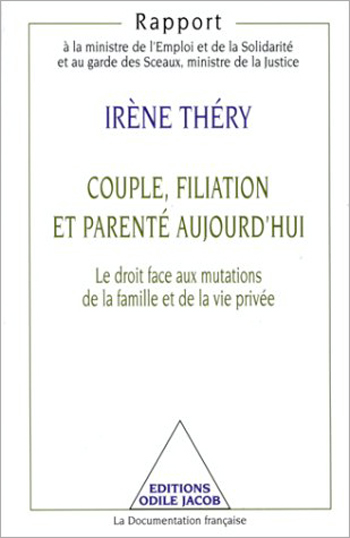
Irène Théry
Modern Relationships and the Family The response of the law to the transformation of the family and the couple
The melting pot where each individual is formed, but also the nucleus of communal life, the family is today a crucial institution of society. However, the current statistics show less, and later marriages, in addition to an increase in divorces and in reconstructed and one parent families, with young people becoming autonomous later as a consequence of these changes. In the face of this, what points of reference should be taken in order to construct the indispensable family policies needed by our country ? With regard to filiation, parental authority, marriage, divorce, cohabitation, and the inheritance and protection of children, how do we adapt the law to these new social realities ? Irène Théry, a sociologist, and author of Démariage, presents in this work an analysis of the state of the family and of private life today, and puts forward the foundations of a new and ambitious step for France.
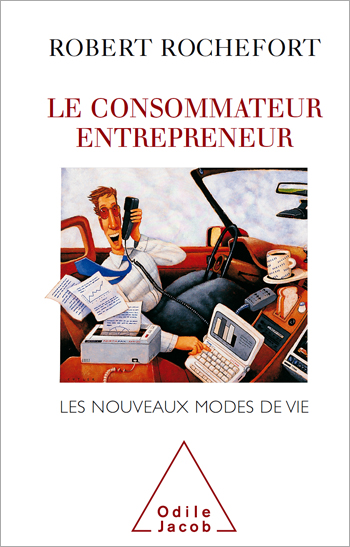
Robert Rochefort
The Consumer-Entrepreneur
The author shows in this new book how in the age of the consumer-entrepreneur professional life and private life tend to merge ; thus on one hand, the consumer tends to manage his family life as he would a company - paying attention to efficiency, cost effectiveness, optimization. On the other hand, he uses more and more products that have a professional and personal use - portable phones, computers - and buys more half finished, do-it-yourself products that he completes. This book profiles a society of individual entrepreneurs that is emerging from the previous salary society of the nineteenth and twentieth centuries. Robert Rochefort is the director of the Research Center for the Study and Observances of Living Conditions.

